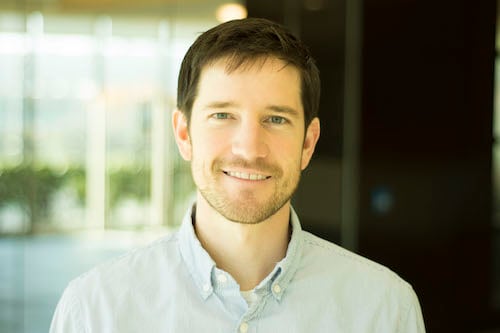3 worldviews that can mean the difference between success and failure

on July 07, 2022 • 3 minute read

‘Primal’ world beliefs shape our lives in a pivotal way, suggests a new line of research in psychology.
A team of researchers at the University of Pennsylvania has spent the last five years classifying people's beliefs about the world.
A simple enough question, yes, but their efforts were nothing short of painstaking.
They combed through millions of tweets and historical texts, conducted literature reviews, held focus groups, and engaged people from different cultures to identify what the researchers call ‘primals,’ — or our most basic beliefs about the world.
“It turns out that humans have over two dozen primals,” says Jeremy Clifton, the lead author of the study. “However, most cluster into three main categories — the belief that the world is (1) safe versus dangerous, (2) enticing versus dull, and (3) alive versus mechanistic.”
A “safe” world belief is what it sounds like — it has to do with the extent to which one thinks the world is full of threats. An “enticing” world belief measures how much someone views the world as a place that is full of interesting, beautiful, meaningful, and entertaining things. Finally, an “alive” world belief has to do with the belief that the world can be changed through one’s actions and that our efforts to intervene in the world matter.
Follow-up research has shown that primals affect our mental health in a significant way. People with positive primals (e.g., viewing the world as a safe, enticing, and alive place) are more likely to experience professional success, be physically healthy, and be less depressed.
According to the researchers, it’s the size of the associations that makes these findings so noteworthy.
“Some correlations are small and some are not,” says Clifton. “For instance, most of the studies you see in the news on, say, how red wine is good for you, are nonsense simply because the correlation is very small. But the correlations between seeing the world as enticing, for example, and well-being are huge. One of the really big correlations in nature is between distance from the equator (latitude) and surface temperature. The correlation between well-being and ‘enticing’ is about the same size.”
Clifton notes that, out of the 26 primal world beliefs they identified, not all of them are clearly positive or negative. For instance, viewing the world as interconnected (versus separable), changing (versus static), hierarchical (versus nonhierarchical), and understandable (versus too hard to understand) has less of an impact on one’s psychological well-being.
But most primals are value-laden, at least to a certain extent. For instance, someone who views the world as progressive (versus declining), stable (versus unstable), just (versus unjust), abundant (versus barren), and worth exploring (versus not worth exploring) will likely show a higher degree of psychological flourishing.
“Primals matter because they are not just the most psychologically impactful beliefs one can have about a place, but that place is also a place nobody ever gets to leave,” says Clifton. “Those of us who see the world as dangerous, dull, and mechanistic are stuck in a place they hate their whole lives. The downstream effects on behavior and well-being are potentially enormous.”
What this means for Xolopreneurs
For Xolopreneurs, Clifton’s research on primal world beliefs should reaffirm the values that many of us already hold dear. For instance, the Xolopreneur community represents a group of business-minded individuals who generally believe that the world is a safe place, that it is worth exploring, that things are generally getting better — and that people from different cultures should be brought together, not separated. It’s why many of us pursue a location-independent lifestyle and why we collaborate with colleagues all around the globe.
It is Clifton’s hope that his work on primals will help develop interventions and courses of treatment that will improve people’s outlook on life by changing their basic beliefs about the world. Until then, psychologist Abdo Elnakouri offers some related advice for people struggling with their mental health:
“Engage with life, be active, make social connections, establish goals for yourself, however small,” says Elnakouri. “I think people get stuck in a rut and then try to intellectualize their way out of it. The thoughts that will come to mind in that state will rarely be inspirational. It's hard to think your way out of a rut that you've likely behaved your way into. Instead, go out and engage with the world. Often, you'll be surprised at the boost in optimism that comes naturally after that.”
About Mark
Mark Travers, Ph.D., is an American Psychologist with degrees from Cornell University and the University of Colorado Boulder. Xolo helps him run his online therapy practice, www.awake-therapy.me, from whatever part of the world he is currently living in.
